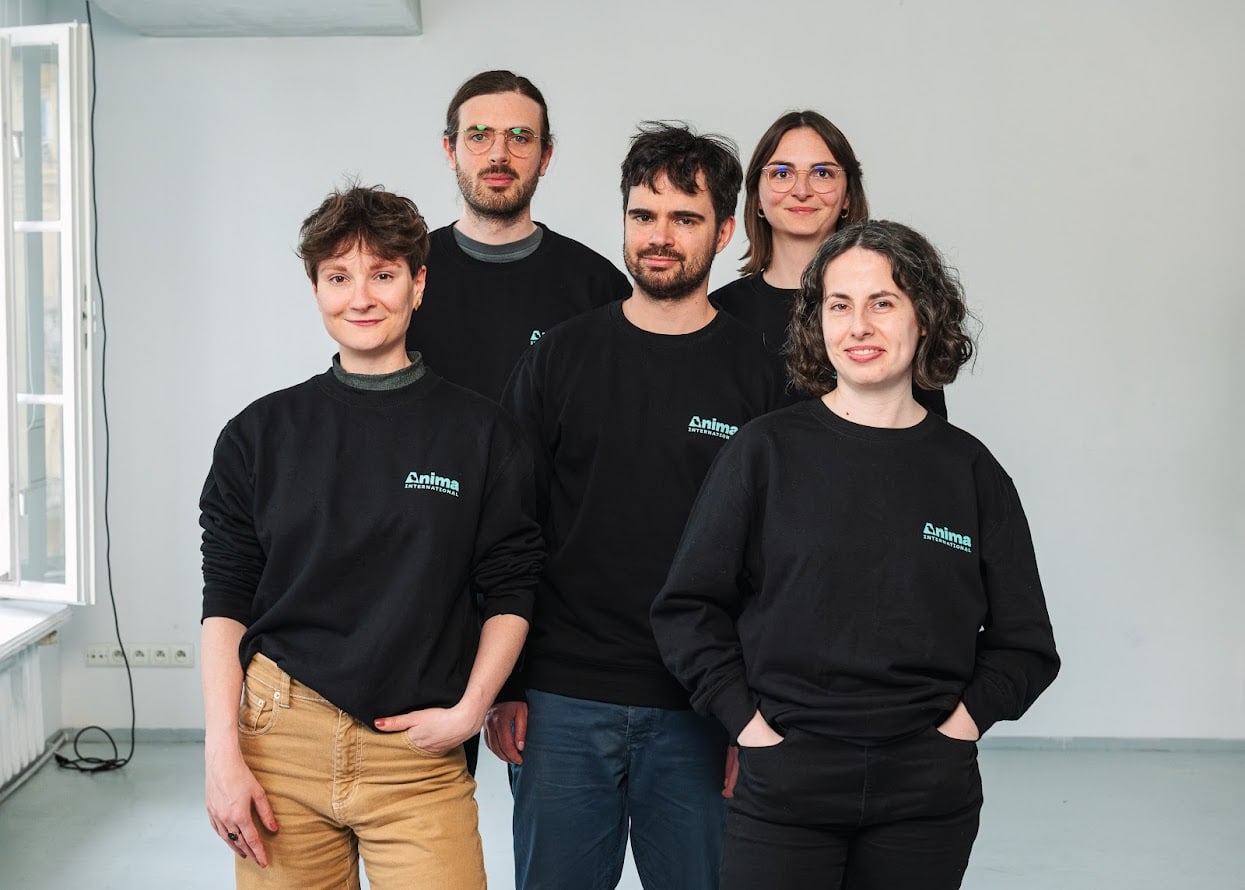We’re excited to announce that our Global Health and Wellbeing (GHW) Cause Prioritization, Global Catastrophic Risks (GCR) Cause Prioritization, and Farm Animal Welfare (FAW) teams will be hiring several interns (7-9) this summer to help us conduct further research. We think this is a great way for us to grow our capacity and develop research talent.
The key points are:
- Applications are due at 11:59 PM Pacific on Sunday, Jan 12, 2025.
- Interns will work within a single team (GHW, GCR, FAW), though you can indicate interest in multiple teams in your application.
- Applicants must either be currently enrolled in or have previously completed a graduate degree program, be starting a graduate degree program in 2025, or be working for an organization that offers externship/secondment opportunities.
- The internship runs between June and August 2025 (with limited adjustments based on academic calendars and teams), is paid ($2,100 per week), and is fully remote.
- We’re open to a wide variety of backgrounds, but expect some of the strongest candidates to have a background in analytical research (including, but not limited to, having or working toward a Master’s or PhD) or a background in consulting, policy, or similar strategic experience.
- We aim to employ people with many different experiences, perspectives, and backgrounds who share our passion for accomplishing as much good as we can. We particularly encourage applications from people of color, self-identified women, nonbinary individuals, and people from low- and middle-income countries.
This is our biggest internship hiring round to date — we hope that you’ll apply and share the news with others!



We're not looking for specific quantitative skills, as in our experience quantitative skills tend to be quite transferable. For example, within a Bachelor of Economics, you'll gain quantitative skills from the maths and statistics (or econometrics) classes that you take. The "brief assignment" within the application form makes this more concrete: If you can complete that exercise, you already have many of the quantitative skills that would help you excel in this sort of role.